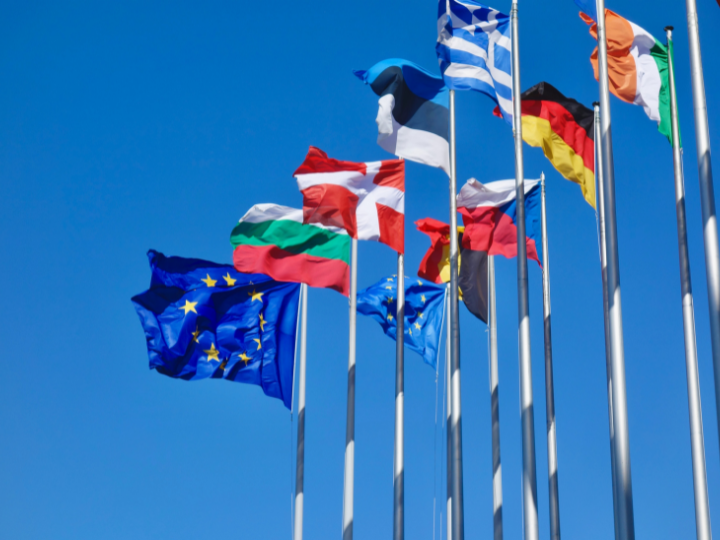by Nick Alipour and Oliver Noyan
A new agreement between EU member states to tighten migration rules, and levy charges of €20,000 for each migrant a state refuses to accept was met with disappointment in Germany, with parts of the governing Greens and the SPD opposing the compromise.
On Thursday, EU countries agreed on EU migration rules that will shape the continent’s asylum systems for years to come. While Germany has been one of the strongest advocates for the new migration regime, the agreement has sparked much controversy.
“If we as the Federal Government had been able to pass the reform on our own, it would have looked different,” Foreign Minister Annalena Baerbock said to calm critics.
Germany has pushed especially hard to agree on a solidarity mechanism in the EU migration pact. While they were ultimately successful, Berlin had to sacrifice in other areas – especially when it comes to the heavily contested rapid asylum procedures at the European borders.
“The bitter part of the compromise is the border procedures at the external border for people from countries with a low recognition rate. Without these border procedures, however, no one but Germany would have participated in the distribution mechanism,” Baerbock stressed.
According to the agreement, asylum procedures should be dealt with at the European border in a matter of 12 weeks. If the application is unsuccessful, the asylum seekers should be repatriated instantly.
Revolt within the government?
Germany had already signalled a willingness to compromise ahead of the meeting in order not to jeopardise the success of the negotiations, which led to a public outcry from the Green party as well as the left wing of the SPD.
On Tuesday, over 700 members of the Green party threatened to rebel against their own party in an open letter directed at Green Vice-Chancellor Robert Habeck and Baerbock. In the letter, the members stated that they were” concerned” and “shocked” over the willingness of their party to agree to such a reform.
Additionally, 24 Green and Social Democrat (SPD) members of the Bundestag openly criticised introducing the rapid asylum procedure at the European border.
“If border procedures work, it would relieve the burden on these states. However, such model procedures already exist,” Hakan Demir, SPD MP and one of the letter’s signatories told EURACTIV.
“It is apparent that this creates the risk of larger camps at the borders, which have difficult human rights standards,” Demir, also the SPD’s deputy spokesperson on migration, added.
More trouble ahead?
While the more conciliatory approach of the German government had already sparked controversy among the coalition members, the final agreement on the new migration regime could create even more turmoil within the German coalition.
While the willingness to compromise was already politically costly for the government, they were at least adamant to keep an exception for minors and families from the rapid asylum procedures.
“For me, it is important that Germany remains firm in respecting human rights standards when it comes to giving special protection to minors and families,” Demir stated, adding that they would need to be exempted from the rule.
“I am against an agreement at any price at the expense of human rights,” he added.
However, the German push was only partially successful, as the final compromise included an exception for minors, but not for families.
The agreement is also likely to increase the pressure from the left wing of the Greens, as their party programme clearly stipulates that “asylum checks at the external border are not compatible” with the Greens’ approach to migration.
On the European level, the German Greens have already made clear that they will fight the decision in the upcoming negotiations with the member states.
The speaker of the German Greens in the European Parliament, Rasmus Andresen, described the agreement as a “serious mistake” of the German coalition.
“I have no sympathy for the German approval,” Andresen said, adding that the European Parliament “has a more balanced position.”
“We will fight for this to prevail,” he wrote on Twitter.
*first published in: Euractiv.com




 By: N. Peter Kramer
By: N. Peter Kramer

